-
Posts
820 -
Joined
-
Last visited
-
Days Won
212
Content Type
Profiles
Forums
Gallery
Events
Articles
Blogs
Downloads
Posts posted by DianeB
-
-
American Masters presents the broadcast premiere of Buddy Guy: The Blues Chase the Blues Away, a new documentary on living legend George “Buddy” Guy, a blues master who transcended his early years as a sharecropper in Lettsworth, Louisiana to become one of the most influential guitarists of all time. A Rock and Roll Hall of Fame inductee and eight-time GRAMMY winner, Guy is a pioneer of Chicago’s fabled West Side sound and a living link to the city’s halcyon days of electric blues. American Masters — Buddy Guy: The Blues Chase the Blues Away premieres Tuesday, July 27 at 9 p.m. on PBS (check local listings).
-
 3
3
-
-
@rbauer1 Here's the Live Lesson on modes from February 5, 2019. The PDF is attached below.
-
If you simply must scratch that itch after the Gathering and can't wait for the Fingerstyle Retreat -- and you're the adventurous type -- this might be for you: Acoustic Alaska Guitar Camp 2021: August 29 - September 4.
-
 1
1
-
-
When I read last year that the Songbirds guitar museum in Chattanooga was closing, I wondered if would ever return. The exhibits were a labor of love and only the live performances kept it afloat.
Recently the Songbirds Foundation announced their plans for reimagining the space with reopening this fall. It appears to me that the vault will be preserved, but many of the guitars on display would have to be moved out to make room for new interactive exhibits designed to attract a younger clientele.
-
For Gibson fans seeking a religious experience, the answer to your prayers awaits at Cummins Station in Nashville, a short walk from Music City Center:
-
 6
6
-
-
We’re less than 7 weeks out, so I will pass along some advice from the past and the latest developments I’m aware of. If this will be your first Guitar Gathering, I recommend reading the threads from 2019 and prior years. I’ll repeat myself a bit here.
The Conference:
In every room, we’ll be surrounded by rows of chairs. An acoustic is probably more versatile for the workshops and jams. If you want to play your electric in the student showcase, there will be cables, amps, microphones, and a professional audio system. The main room will be locked and secure when we’re not there, so you can leave your gear. Make sure your guitar cases are well labeled; there will be a hundred black cases lying around -- in a black room.Other than the obvious (picks, tuner) I recommend bringing: pencils and a small notepad, business cards, a folding guitar stand, and cash for lunch, Greg Voros' setups, and other incidentals. I also pack sticky notes, staff paper (theory geek), my chord block stamper, foot rest and a small seat cushion. Trevecca has music stands. If you have a specific brand of strings you want Greg to use, bring them with you, otherwise he will use D'Addarios and you might not have a choice of gauge. Steve will have items from his GG store on display for sale.
Trevecca:
At this writing, Trevecca will not have food service on campus. Steve says their contract does not permit outside caterers or food trucks, and he is still exploring our options for lunch. The Trevecca website presently indicates “normal campus operations” but exactly what this will mean for us in July is unclear. There is no on-campus housing this year. The conference is held in the Jackson music building at the back of the campus. It has ample, secure visitor parking. Get your bearings with the campus virtual tour. A few scenes of the Jackson building are near the end of the video.Housing:
Steve has secured a conference rate of $105/night at the Holiday Inn Express Brentwood about 15 minutes away. Express-style breakfast is included. Use the conference code of GGC when you book online, or call the hotel directly at (615) 221-5001. I just called, and there are plenty of rooms in our block, but I recommend making reservations ASAP, because we will be in town during Summer NAMM and hotel occupancy could be high. There are also a number of other hotel options nearby. Be aware that Nashville can be hot and humid in mid-July, and the Jackson building can be quite cool.In Town:
NAMM has canceled the public day, Saturday, for Covid concerns. Sorry, gear hounds. So Steve will probably devote Saturday morning to the Student Showcase, a tour, or perhaps something else. That afternoon I plan to attend the songwriters’ show at 3rd and Lindsley. Tickets are also available for Saturday night at the Grand Ole Opry, which will be at full capacity.A few weeks in advance, Steve will e-mail the registrants with a survey asking: Do you want to reserve a setup with Greg? Can you help with logistics (ride sharing, for example)? Do you want to play in the student showcase? I expect Steve will soon announce a GG 2021 Facebook Group for registrants. So, this is what I have as of May 29, and things can change. Stay tuned. (And in tune!)
-
 1
1
-
-
@Sandman 136 Welcome to the course and the forum! Learning guitar means asking your fingers to do many unfamiliar things. The third and fourth fingers are generally the weakest, least independent, and the least practiced at precise positioning. It takes time and lots of repetition.
I would not linger in Session 1 for more than a couple of weeks, assuming you spend some time with it every day. Those moves will be reinforced, as others have noted above. The idea here is to simply get acquainted with what's to come. Check out Steve's Roadside Assistance videos for the course which are now on YouTube.
I can also recommend some sources of encouragement and sound advice here. Best wishes for your new guitar journey!
-
 1
1
-
-
@SRV The old Learn and Master web site was taken offline over a year ago. It was not maintained and at the end, was overrun with spam. Legacy has removed all the old links on their own pages. We transferred as much content as we could when Steve launched this new site three years ago. If there's something in particular you're looking for, let us know and maybe we can point it to you here.
-
 1
1
-
-
Here's a clear explanation of augmented chords and how they function. It's not guitar-oriented, so if these are new to you, start with F+ at xxx221 (xx3221 for the purists) and go up the fretboard.
-
 5
5
-
 1
1
-
-
That price should be in exponential notation. 🤔
-
 1
1
-
-
@William Nelson You’re welcome, William. I confess that this was as esoteric to me as imaginary numbers until I needed it in my theory class. Our homework was to write some progressions in major and minor keys to practice the various cadences. I would draft them out first in pencil, then enter them in Finale, and hit playback. Eewww, what’s wrong, I thought, it sounds flat in places. An hour later, lightbulb: pigeonhead, you forgot to use harmonic minor. So I’d go back and sharpen all the sevenths — can’t do it in the key signature -- that’s how it works. After that, I’d write “HM: #7” in the margin where things went minor. Mistakes are good teachers.
-
 1
1
-
-
When composing in a minor key, the natural minor creates both harmonic and melodic problems. In the Common Practice Period, composers solved these by altering the scale. The natural minor of C is Am, and this leads to a whole step interval between the seventh and tonic (namely, G to A), which means no tension in the leading tone. They addressed this by raising the seventh by a half step (now G# to A), creating the harmonic minor scale and a dominant V. Thus A harmonic minor is A B C D E F G# A, and the chords built upon this are i ii(o) III+ iv V VI vii(o) i.
But this created a new problem in the melodic lines: an augmented second between the sixth and seventh scale degrees. Augmented seconds are difficult to sing. So they also raised the sixth scale degree by a half step (going up in melody), so singers have only half and whole steps. No change was necessary going down. This is the melodic minor scale. Harmonic and melodic minor exist to create authentic cadences (V-I).
So, to play in A minor, the chords in the key are Am, Bdim, C+, Dm, EM, FM, G#dim. The V and vii(o) function as dominants.
-
@Elizabeth S. Hi, Elizabeth, and welcome to the Guitar Gathering family! If you would like to know what to expect at this year's gathering, this thread about 2019 should give you a good idea, along with the itinerary (attached below). One difference in the schedule is that with NAMM on Saturday morning this year, the Student Showcase will probably be Friday afternoon. And because Trevecca won't be offering lunch service in the student center, we'll be on our own unless Steve works out a catering arrangement.
-
 1
1
-
-
I deleted another spam post from the thread on "Creating a Practice Space..." that was posing as troubleshooting advice. It was unrelated to the topic, contained a link to a commercial site, and was the first post from the user (March 17), who was issued a warning.
-
 2
2
-
-
 Watch Live Lessons on the Guitar Gathering YouTube Channel HERE. 7:00 pm Central Time US
Watch Live Lessons on the Guitar Gathering YouTube Channel HERE. 7:00 pm Central Time US
2021 LIVE LESSON DATES
JANUARY
5th – The Top Guitar Chords in Any Key
6th – Travis Picking Boot Camp (workout)
FEBRUARY
2nd – Seventh Chords and the Blues
16th – Multiply Your Soling Options
MARCH
2nd – Ask a Pro: Q & A with Steve
3rd – Travis Picking Boot Camp, continued: Learning Freight Train (workout)
10th – Travis Picking Boot Camp, continued: Learning Freight Train (workout)
16th – Learning Irish Tunes
17th – Learning Irish Tunes, continued (workout)
23rd – Do You Really Need an Amp? with guest Miguel Perez
24th – How to Play Hammer-ons and Pull-offs (workout)
30th – Oh, the Wonderful Things You Can Do with Hammer-ons and Pull-offs!
31st – How to Play Hammer-ons and Pull-offs (workout)
APRIL
6th – Change Your Playing with Hammer-ons and Pull-offs!
7th – Change Your Playing with Hammer-ons and Pull-offs! (workout)
20th - Ask a Pro: Q & A with Steve
27th - Playing Smooth: Eliminating the Robotic Sound in Your Playing
MAY
4th – Easy Chord Moves to Make Any Progression Better
5th – Easy Chord Moves to Make Any Progression Better (workout)
25th - Harp Guitar with Chuck Thompson
JUNE
2nd – Diminished Chords (workout)
29th – Ask a Pro: Q & A with Steve
JULY
1st - Augmented Chords
20th - Improve Your Picking
AUGUST
24th - 10 Chords You Need to Know
31st - How to Play Guitar with Confidence
SEPTEMBER
14th - Arpeggios: The Framework of the Guitar, Part 1: Major Triads
21st - Arpeggios: The Framework of the Guitar, Part 2: Major Triads
28th - Arpeggios: The Framework of the Guitar, Part 3: Minor Triads
OCTOBER
5th - Arpeggios: The Framework of the Guitar, Part 4: Major & Minor Triads Workout
19th - Arpeggios: The Framework of the Guitar, Part 5: Major, Minor, and Dominant Sevenths
26th - Arpeggios: The Framework of the Guitar, Part 6: Creating Licks
NOVEMBER
9th - Arpeggios: The Framework of the Guitar, Part 7: More Seventh Arpeggios
23rd - Arpeggios: The Framework of the Guitar, Part 8: Seventh Appeggio Workout
DECEMBER
7th - Arpeggios: The Framework of the Guitar, Part 9: Other Arpeggios
14th - Arpeggios: The Framework of the Guitar, Part 10: Final Arpeggio Workout
-
... Popular music’s centre of gravity has undeniably moved towards solo artists, at least when it comes to serious commercial success. This paradigm shift has been obvious for a while now (“What happened to all the bands?” asked Rostam Batmanglij after leaving Vampire Weekend in 2016. “Is it just that bands are corny now?”) and has accelerated across genres. ...
-
 1
1
-
 1
1
-
-
Sweet! And a sweet story. Over there <-- my long arms are draped around Leslie, my 1975 Guild dreadnought. So manly. The bass strings, I mean. Welcome to the family!
-
 2
2
-
-
Wear those badges of honor on your fingertips with pride! Once I was mistaken for a violin player. 🤷♀️
-
 1
1
-
-
A teacher? Who, me?! I can't imagine what would give people that idea. 😉
-
 1
1
-
 1
1
-
-
Hi, Eduardo,
Welcome to the forum!
To get a truly satisfactory answer to your question, I recommend consulting with an experienced guitar teacher. If you give them an account of your past musical experience and present knowledge, and a vision of where you want to go, you will form a clear plan of what to do now and what to save for later.
For now, I can say that the melodic minor and harmonic minor scales are compositional tools. They exist to create authentic cadences (V or vii dim —> I or i). You will encounter them in melodies where they are called for and likely not even notice them.
After consulting with my own instructors, I deferred Steve’s session on pentatonic scales to focus on the major scales. This is just one approach. I think Steve introduced pentatonics in the course where he does to give the student momentum in learning the fretboard, and pentatonics are a little simpler than major scales.
So much depends on what you want to do with guitar. That’s where a real conversation with a teacher is invaluable. I'm sure my friends here will offer good insights.
-
I have deleted yesterday’s (2/3/21) spam post. I left it up for a day to increase awareness. In the interest of transparency, I'd like all to know that I informed the member that the forum was not for solicitation, and because they made no introduction or demonstration of interest in the forum, I issued a warning. If it reoccurs, they will be suspended or banned.
There's nothing inherently wrong with self-promotion on the internet, but here, happily, we have boundaries. If you see something suspicious, please advise one of the moderators.
-
 4
4
-
 2
2
-
-
@Adam429 Adam, are you referring to the "Fretboard Workouts Bundle"? If so, note that the accompanying PDFs are e-mailed along with the links to the videos. I'm not aware of a "workbook" with all those PDFs combined as a single file.
-
The old bait and switch. 😉
-
 1
1
-
-
Thank you, Girard! Nice to have you back. After seeing what Jackson did with "They Shall Not Grow Old," I'm sure this will be terrific. Wow, what memories.

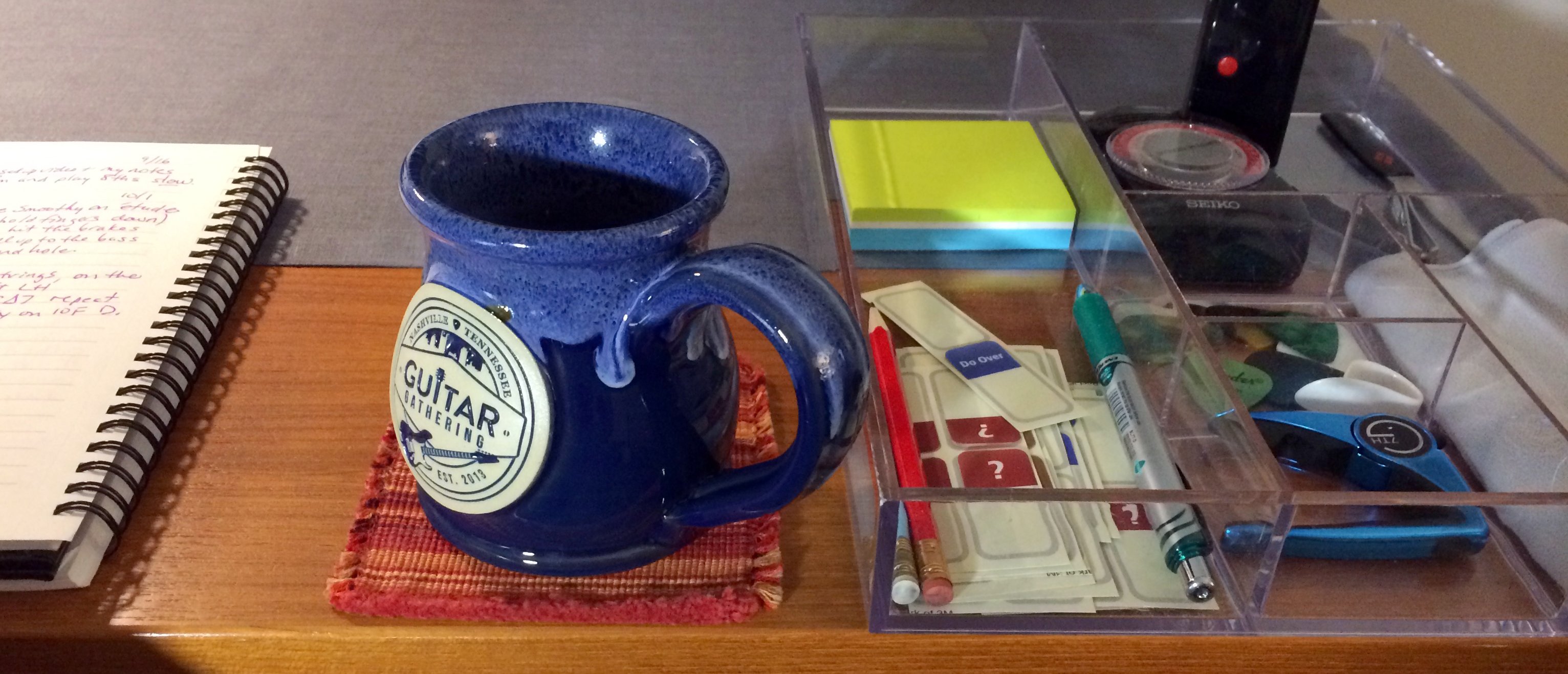

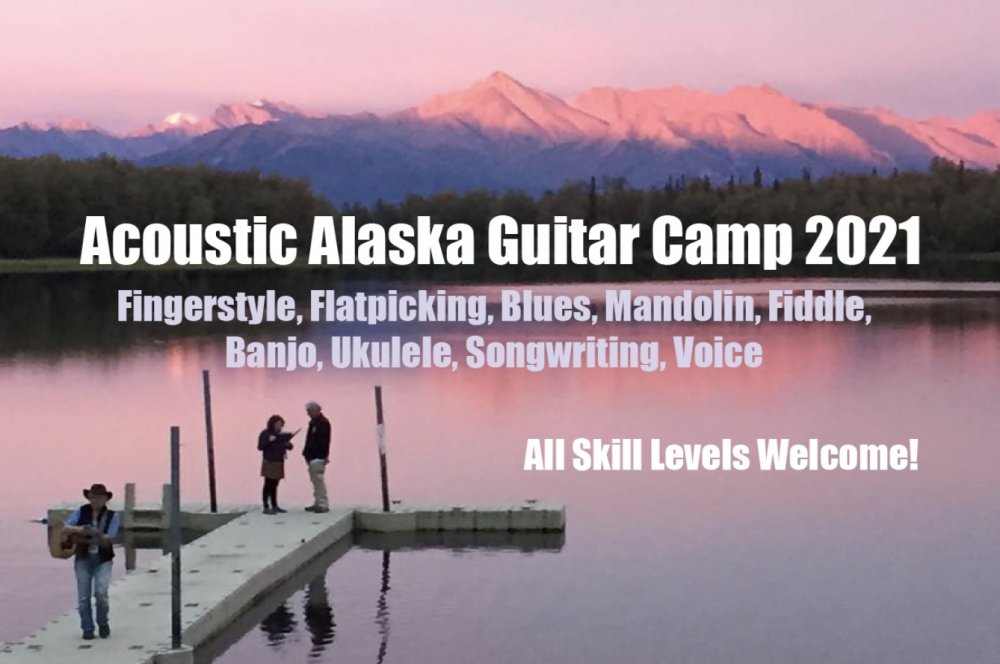
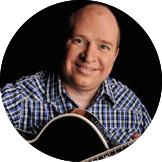
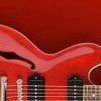
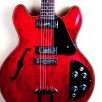
Guitar Gathering 2021 List of Attendees
in Guitar Gathering Conferences & Retreats
Posted
As of June 30, we have 52:
Eric A.
Tim B.
Clarke B.
Diane B.
Dennis B.
Gene C.
Mark C.
Ken C.
Deano C.
Andrew C.
Douglas C.
Michael D.
Steve D.
Jim F.
Paulette F.
Lucio F.
John G.
Thomas H.
Paul H.
Steven H.
Lyle J.
Itachak K.
Patricia L.
Jack L.
Susan M.
Charles M.
David Mc.
Jerry M.
David Me.
John M.
William N.
Thomas N.
Greg O.
Kraig P.
Eric P.
Lynn R.
Steve R.
Rick R.
Wiliam R.
John Sib.
John Sik.
Ernest S.
Brian S.
Elizabeth S.
Chris S.
Robert S.
Gerald T.
Reginald W.
David W.
Daryl W.
Kenneth W.
Roxanne Z.
# # #